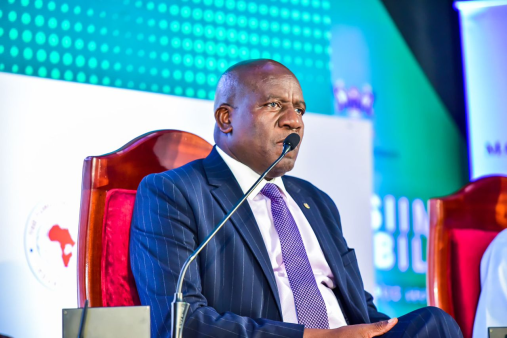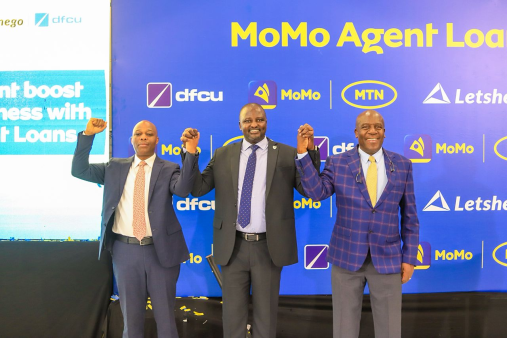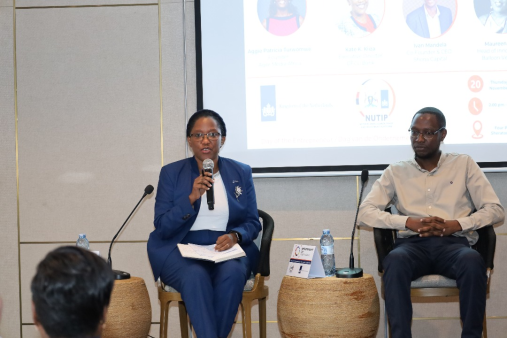Lucky Dube. Boys II Men. These aren’t names usually associated with banking. However, it speaks volumes to the kind of trailblazer that dfcu Bank is and how it’s helped to support other Ugandan trailblazers and transform Uganda society in the process.
It’s a little over 30 years since dfcu agreed to finance the startup of Capital Radio in 1993, the second FM radio station to start operating in the country following the liberalization of the radio industry by the government.
At the time, most banks did not think FM stations would be a hit in this market, and so Capital Radio founders Patrick Quarcoo and William Pike – who were relatively inexperienced radio men – found themselves facing rejection after rejection by lenders.
“The long-term loan from the bank really kick-started Capital Radio’s journey and they have continued to finance our growth through the years. That’s why the history of Capital Radio is so intertwined with dfcu,” said Capital Radio CEO Peter Mungoma, who started his career in the early 2000’s as a sales executive with the station.
Fast forward 30 years on, Capital Radio remains a household name in many Ugandan homes. They set the bar for the industry’s programming with their 24-hour music selection, punctuated by news bulletins and their wildly popular Capital Gang talk show, which has continued to keep many ears tuned to the radio on Saturday morning.
It’s this savvy understanding of the needs of Uganda’s citizens and the transformative power of radio that has seen the group establish two other radio stations in Uganda – Beat FM and KIIS FM. The two are strong players in their segments – Luganda and youth, respectively.
“As a result of our growth, we have employed hundreds of people over the last 30 years. Currently, we have 106 employees across our three radio stations and employ many others who serve as agents and contractors on these stations,” says Mungoma.
Capital has had an immeasurable impact on the local entertainment scene as well. The station is a passionate supporter of local artists and has helped many gain popularity and build their careers by playing their music on their radio stations.
They have also been involved in bringing international stars like Lucky Dube to the country and more recently with the bank, helped sponsor US R&B vocal group, Boys II Men, to perform in Uganda.
However, the ripple effect of dfcu’s leap of faith has extended beyond Uganda’s borders.
As a result of Capital Radio’s success on home territory, Quarcoo and Pike were able to springboard into neighboring Kenya. There they founded the multimedia conglomerate, Radio Africa Group, which operates three of the top five radio stations in Nairobi, KISS TV and the Star newspaper.
In 2014 South African media group, Times Media Group (now Arena Holdings which owns the Sunday Times, Business Day, Financial Mail and Sowetan) bought a 49 percent stake in Radio Africa Group.
Quarcoo said at the time, the move was in aid of Radio Africa Group’s ambition to become a regional media house, combining their experience in electronic broadcast with their South African partners’ experience in print media.
dfcu continues to support the media house in its day-to-day operations and its strategic objectives. As Mungoma says: “dfcu’s involvement in our journey cannot be overstated. We look forward to continued growth and impact well into the future.”
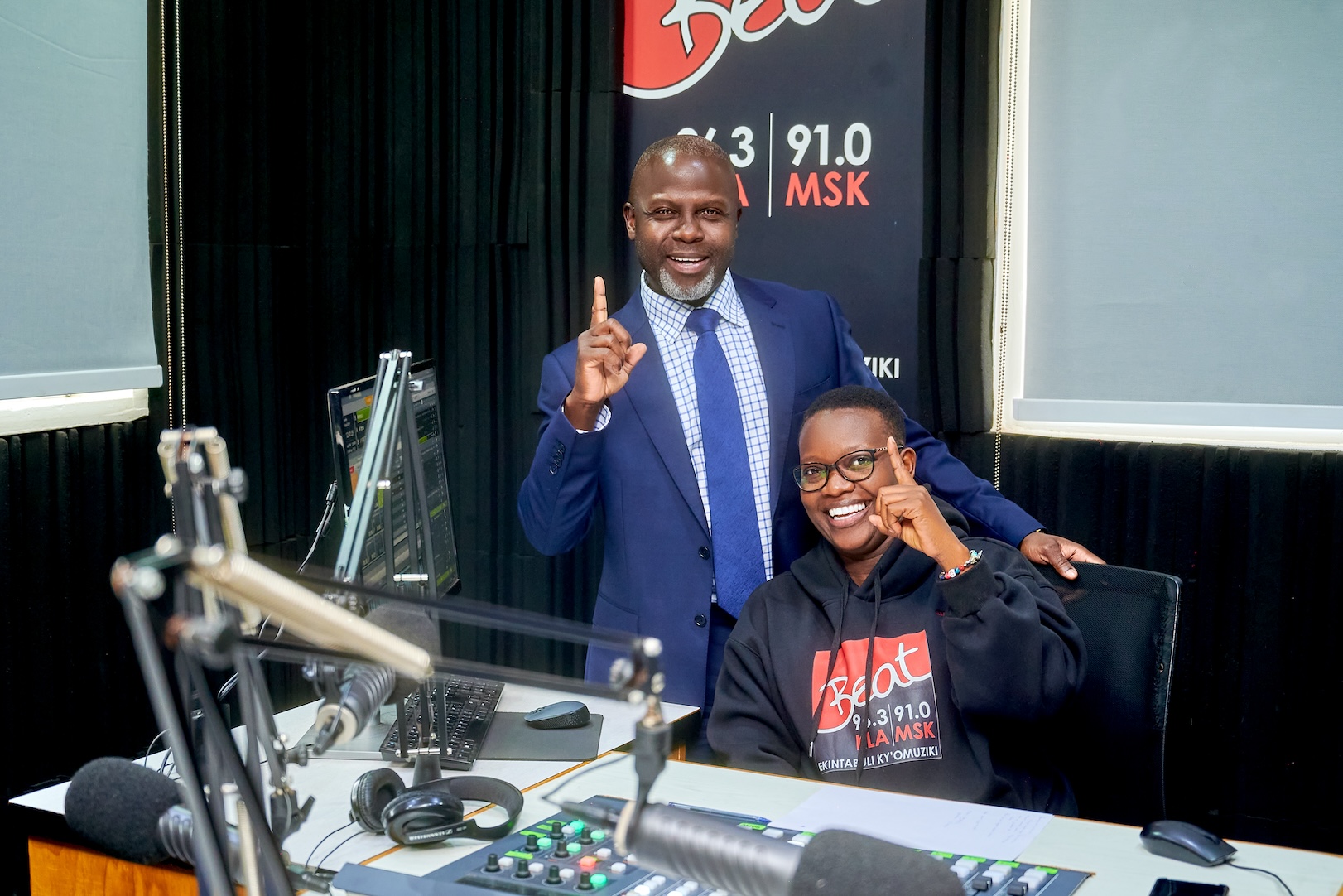
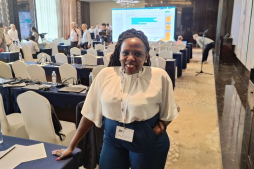 Letters to My Younger Self: Winnie Nakimuli—"You Are Worthy Simply Because You Exist"
Letters to My Younger Self: Winnie Nakimuli—"You Are Worthy Simply Because You Exist"